Freediving, an ancient practice dating back centuries, has captured the imagination of adventurers and water enthusiasts worldwide. From the serene depths of coral reefs to the exhilarating rush of descending into underwater caves, freediving offers a unique way to explore the mysteries of the ocean. For beginners eager to embark on this journey and seasoned divers aiming to master their craft, a roadmap is essential. Let's delve into the stages of progression from novice to master in the world of freediving.
1. Introduction to Freediving: The journey begins with understanding the basics of freediving. Beginners learn about breathing techniques, relaxation methods, and safety protocols. Discovering the fundamentals of equalization and breath-hold techniques sets a solid foundation for future dives.
2. Basic Freediving Certification: Enrolling in a basic freediving course is the next step. Under the guidance of experienced instructors, beginners learn essential skills such as proper finning techniques, buddy procedures, and safety signals. Basic certification courses typically include pool sessions to practice breath-hold exercises and open water dives to apply newly acquired skills in a controlled environment.
3. Intermediate Training: With a basic certification in hand, divers progress to intermediate training. This phase focuses on refining techniques, increasing depth limits, and improving breath-hold capabilities. Intermediate courses often include advanced equalization techniques, dynamic apnea training, and specialized disciplines like free immersion and constant weight dives.
4. Advanced Freediving Courses: As divers gain confidence and experience, they may pursue advanced freediving courses to push their limits further. Advanced training covers topics such as deep equalization methods, advanced rescue techniques, and specialized disciplines like variable weight and no-limits diving. These courses prepare divers for deeper dives and more challenging environments.
5. Mastering Freediving: Mastery in freediving is a continuous journey marked by dedication, practice, and ongoing education. Experienced divers focus on honing their skills, exploring new techniques, and mastering mental and physical aspects of the sport. Mastery involves pushing personal boundaries while maintaining a deep respect for safety and the marine environment.
6. Continued Education and Exploration: Even seasoned freedivers understand the importance of continuous learning and exploration. They engage in workshops, attend seminars, and participate in expeditions to expand their knowledge and skills. Whether it's exploring new dive sites, mastering advanced techniques, or contributing to conservation efforts, the journey of freediving is never-ending.
Conclusion:
